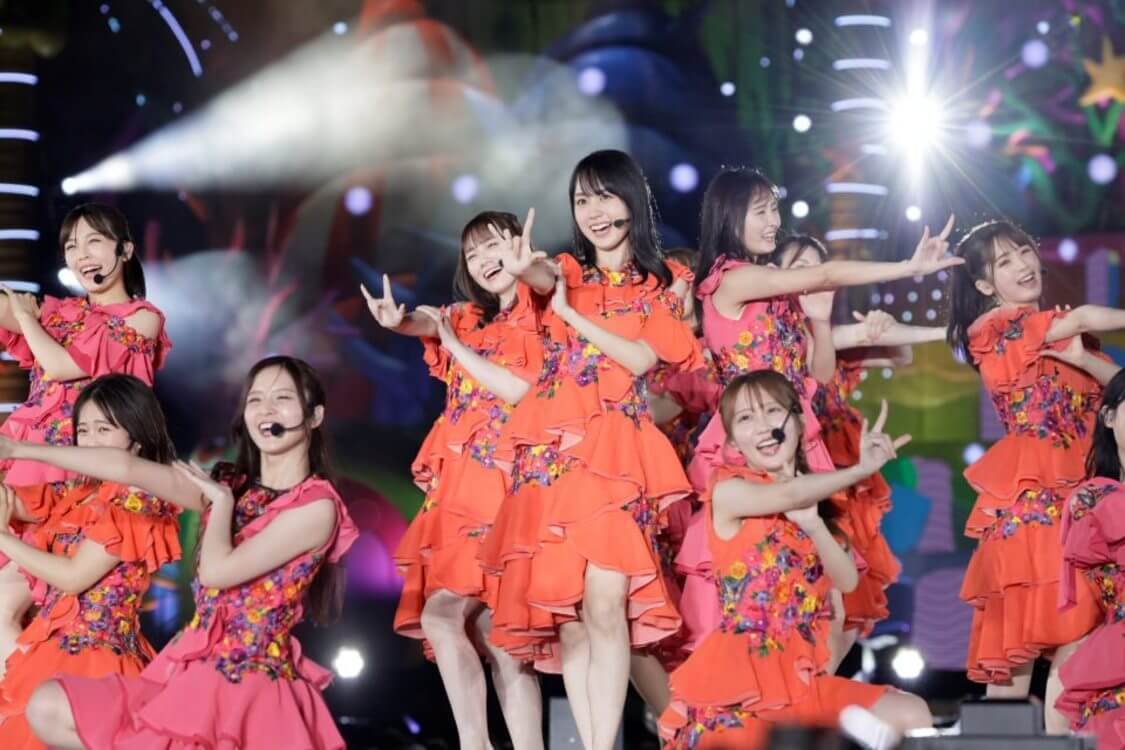Groups
Sakamichi Series: Nogizaka46 Sakurazaka46 Hinatazaka46
WACK Groups: BiSH
Japanese Idols News and Knowledge Base
Japanese Idols News and Knowledge Base

In Japanese pop culture, the term “idol” (aidoru) refers to a type of celebrity who has achieved fame and adoration for their singing, dancing, acting, or modeling skills. While idols are found in various entertainment fields, they are most commonly associated with the music industry, where they perform as part of groups or as solo artists. But what is it about the concept of “idol” that has made it such an integral part of Japanese pop culture?
One of the defining features of idols is their image as clean and wholesome entertainers who are meant to be accessible and relatable to their fans. They often project a sense of youthfulness and innocence, which is part of their appeal to a primarily young and female fan base. In many cases, the performers go through rigorous training programs before their debut, which include lessons in singing, dancing, and etiquette, as well as grooming and physical fitness regimens.
The emphasis on image and performance is central to the concept of idols, and their performances are often characterized by a high level of energy and enthusiasm. This is also reflected in their music, which is usually upbeat, catchy, and easy to sing along to. The music is often accompanied by choreographed dance routines, which are an important aspect of the idol performance.
Idols are also known for their intense fan culture, with fans often forming groups to support their favorite performers. The fans may organize events like meet-and-greets, fan club concerts, and online communities to connect and engage with their idols. Many fans collect merchandise such as CDs, photobooks, trading cards, and other items associated with the idols. Some fans even create their own fan art, cosplay, and music videos in tribute to their idols.
While the concept of idols has been around in Japan for decades, it has evolved and adapted to changing times and technologies. In recent years, the rise of social media has enabled idols to connect with their fans more directly, and has also made it easier for fans outside of Japan to follow their favorite performers. The global appeal of Japanese idol groups has also been on the rise, with many groups performing and releasing music in multiple countries and languages.
In conclusion, the concept of idols is a complex and multifaceted part of Japanese pop culture. From their emphasis on image and performance to their dedicated fan culture, idols are an important part of the entertainment industry in Japan and beyond. While there are controversies and criticisms surrounding the industry, the appeal of idols to many fans remains strong, and their influence can be seen in a variety of cultural products and practices.